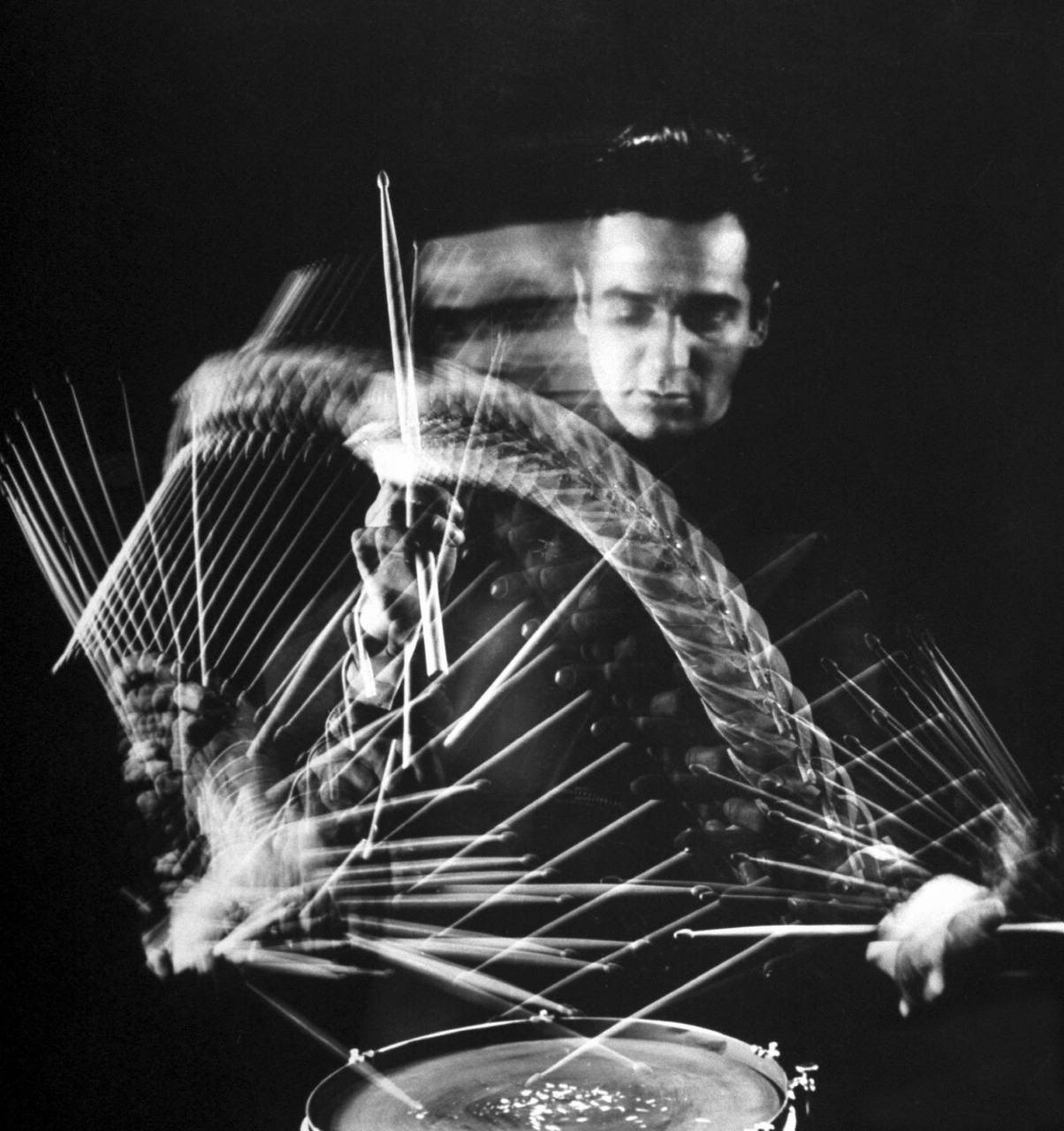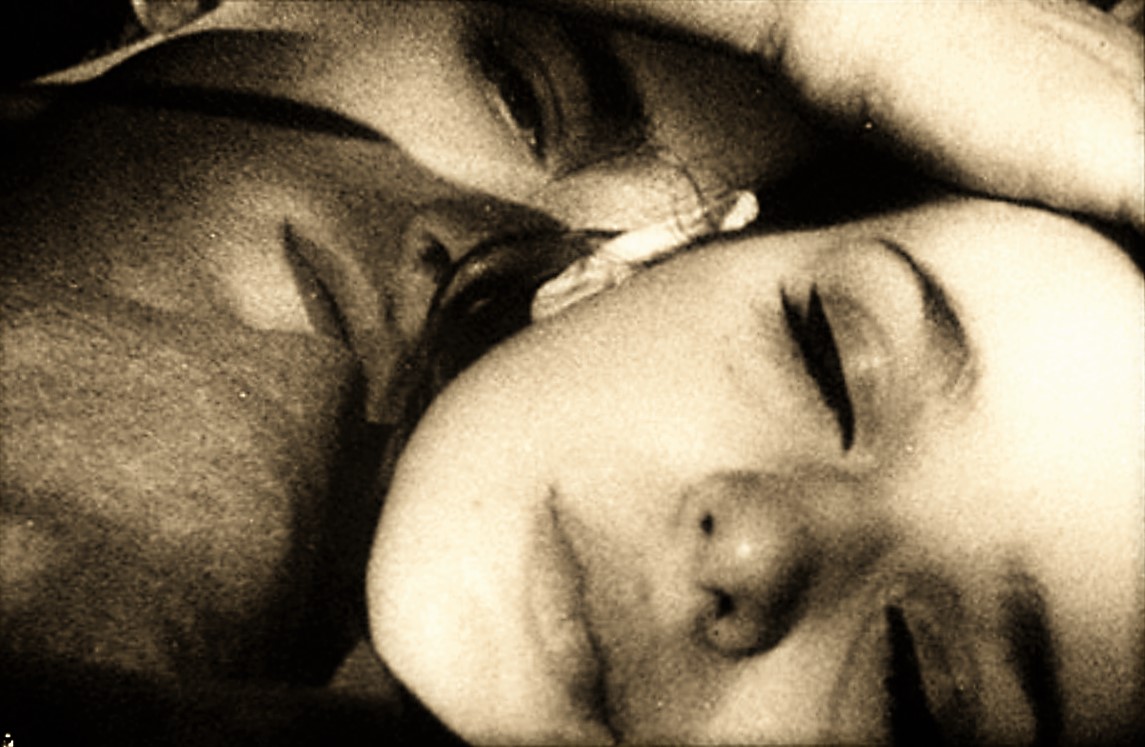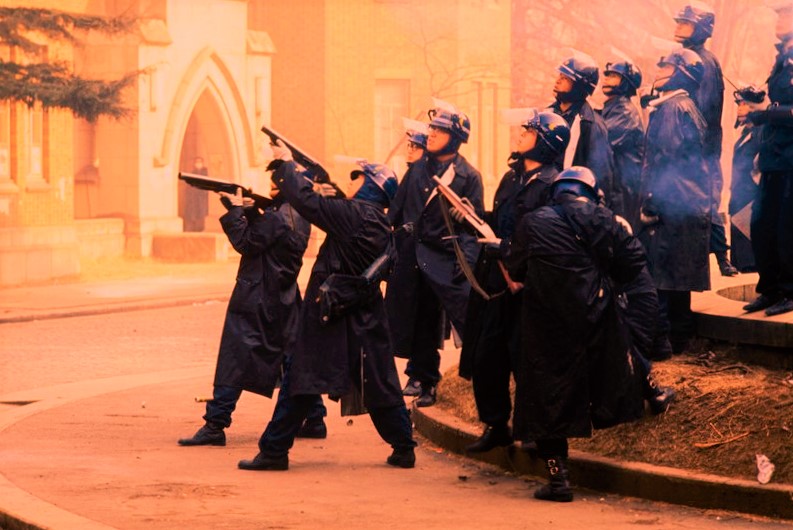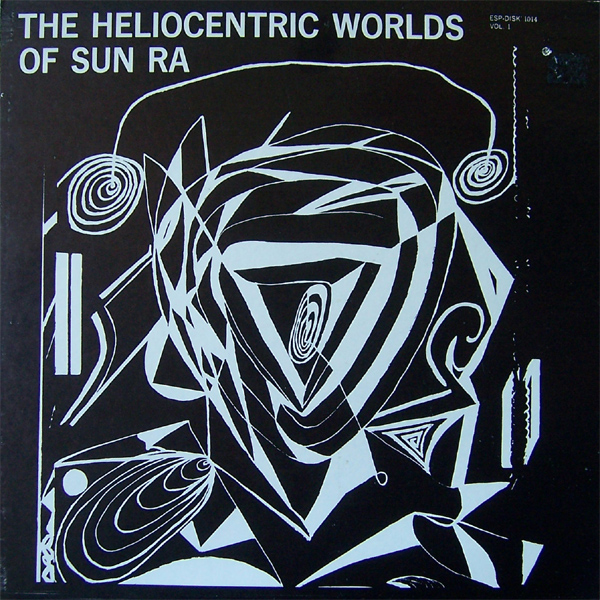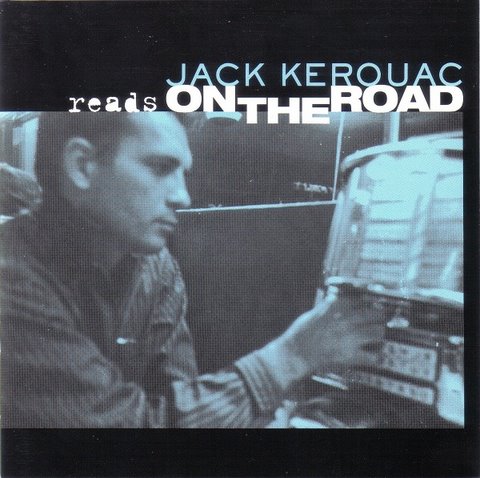Gene Krupa (1909 – 1973) pioneered orchestral jazz and Big Band from the flamboyant drum side, pounding tom-toms, high hats, and cymbals through the 30s, 40s, and 50s, as one of the most remarkable percussionists out there.
Tag: jazz
Improvised Beat Generation Dreams of John Cassavetes
Cassavetes’ Shadows “improvises” Beat Generation Manhattan, where two brothers and a sister, black but inexplicably played by two white actors, careening off track to scaled-back sketches of Charles Mingus’ saxophone jazz yearnings. Black and white neon signs blink and the old Times Square looms like the otherworld, naturalistic cordial racism separating the chosen from the downtrodden, both dreaming of making it, of creating something.
The Ambiguous Colors of Haruki Murakami
A documentary on Japanese literary postmodernist Haruki Murakami, as well as a folktale from his novel, “Colorless Tsukuru Tazaki and His Years of Pilgrimage.” As the Guardian puts it: “Full of ambiguity and sex – all Murakami’s signature flourishes are here.”
The Supreme Love of the Church of John Coltrane
Discover the African Orthodox Church of St. John Coltrane, Founded on the Divine Music of A Love Supreme. Evicted in 2016 from its original Fillmore neighborhood in San Francisco from gentrification, it has moved to the Western Addition/NOPA, which once was once the epicenter of the city’s jazz scene.
Sun Ra: “The Cry of Jazz” and the Sounds of Black Liberation
Apart from articulating a debate on race and rhythm, black nationalism and the urban struggle in the 1950s US, the 1959 experimental film “The Cry of Jazz” shows cosmic philosopher and Afro-futurist Sun Ra during his Chicago period.
Jack Kerouac’s Lowell Blues: Cast-off Boots of Time
Jack Kerouac wrote in 1950: “I wish to evoke that indescribable sad music of the night in America–for reasons which are never deeper than the music. Bop only begins to express that American music. It is the actual inner sound of a country.”
Creators of the Cool: Miles Davis and Gil Evans
The collaboration of trumpeter Miles Davis with Gil Evans’ orchestral arrangement and composition elevated “the new thing,” freeing modern jazz from big-band swing with lyrical-literary French horns and tuba and Davis taking up the flugelhorn.

